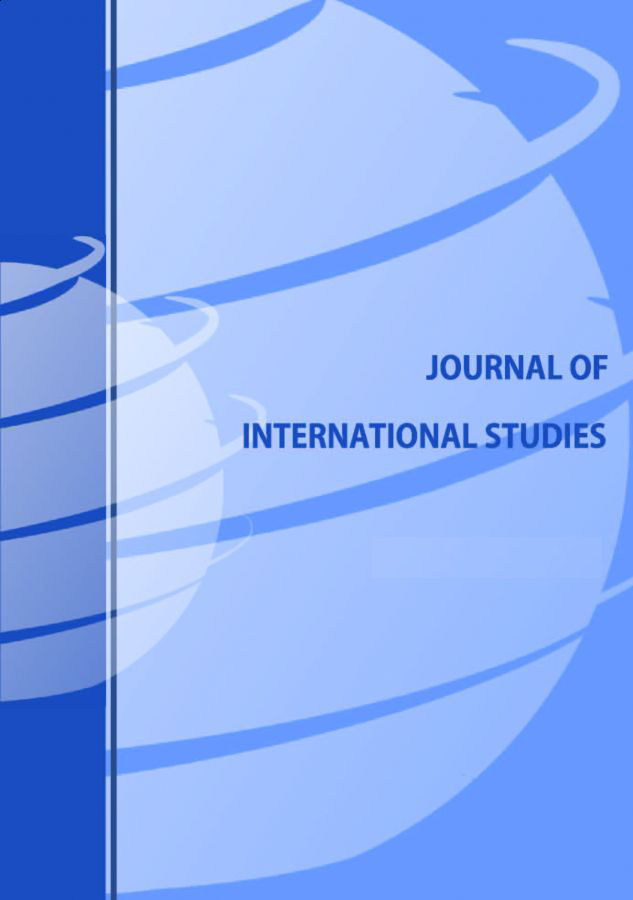CORRUPTION PERCEPTION AND BILATERAL TRADE FLOWS: EVIDENCE FROM DEVELOPED AND DEVELOPING COUNTRIES
CORRUPTION PERCEPTION AND BILATERAL TRADE FLOWS: EVIDENCE FROM DEVELOPED AND DEVELOPING COUNTRIES
Author(s): Putu Mahardika Adi SaputraSubject(s): Supranational / Global Economy, International relations/trade, Developing nations, Corruption - Transparency - Anti-Corruption
Published by: Fundacja Centrum Badań Socjologicznych
Keywords: corruption; bilateral trade; gravity model; competitiveness;
Summary/Abstract: This study aims to examine the impact of corruption on bilateral trade flows in developed and developing countries by using an extension of the gravity panel model. The model reviews 30 countries among which 19 are developed countries and 11 are developing ones, during the period of 1995- 2016. For the impact of corruption on export activities, it appears that domestic level of corruption has insignificant effect upon bilateral export in both developed and developing countries, but the asymmetric effect of the partner country's corruption level is significantly apparent in the case of export. Positive effect from low level of partner countries’ corruption in raising bilateral export is found to be greater for developing countries than for developed ones. The effect of corruption on bilateral imports tend to be similar to bilateral exports, however, it has been also found that low domestic corruption level in the reporting countries will positively affect import activities and that fact becomes more apparent for developing countries.
Journal: Journal of International Studies
- Issue Year: 12/2019
- Issue No: 1
- Page Range: 65-78
- Page Count: 14
- Language: English

